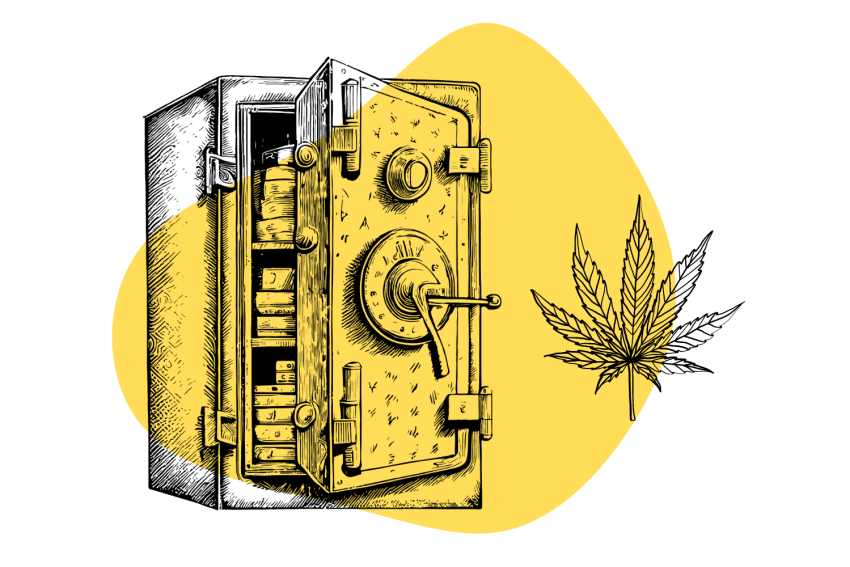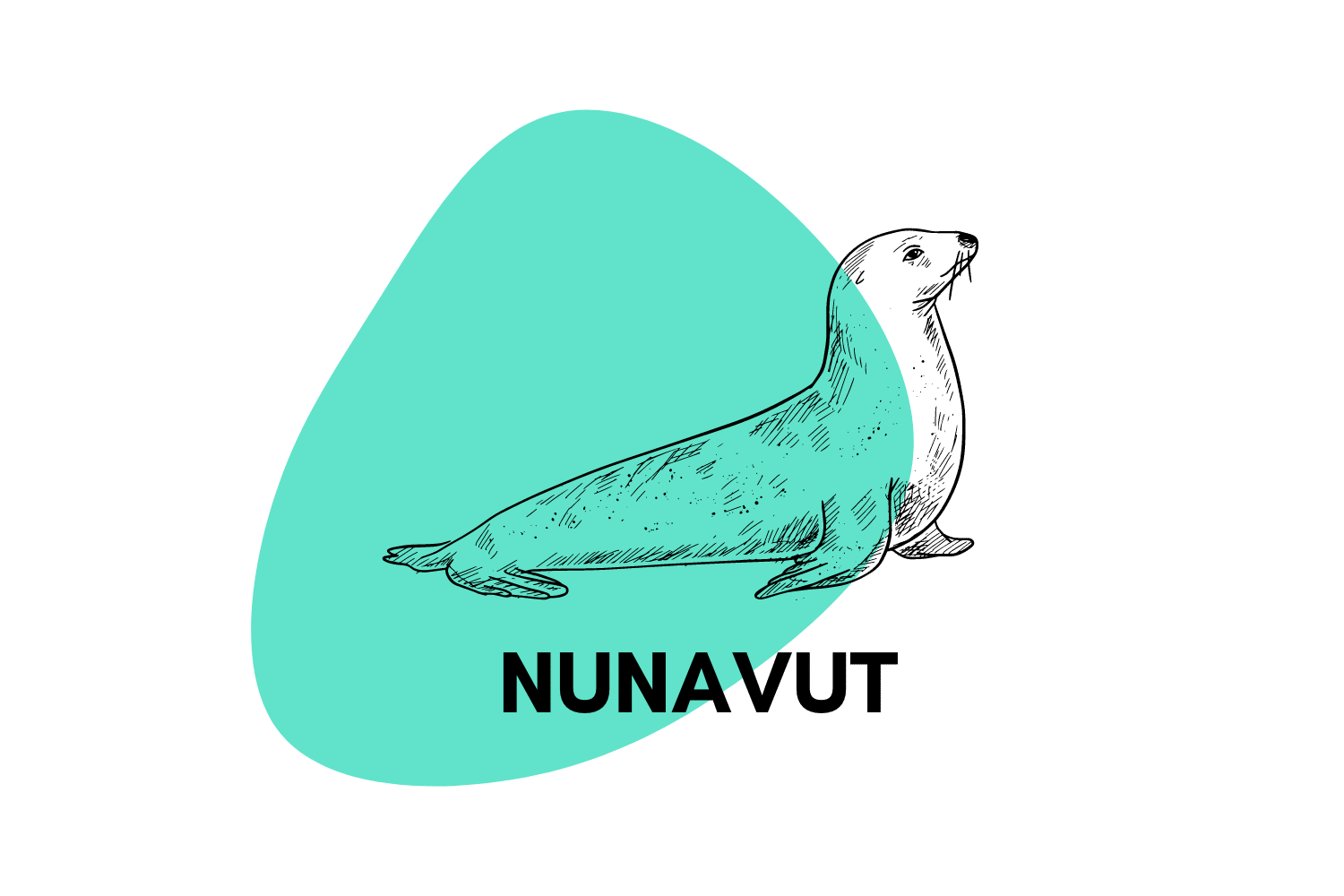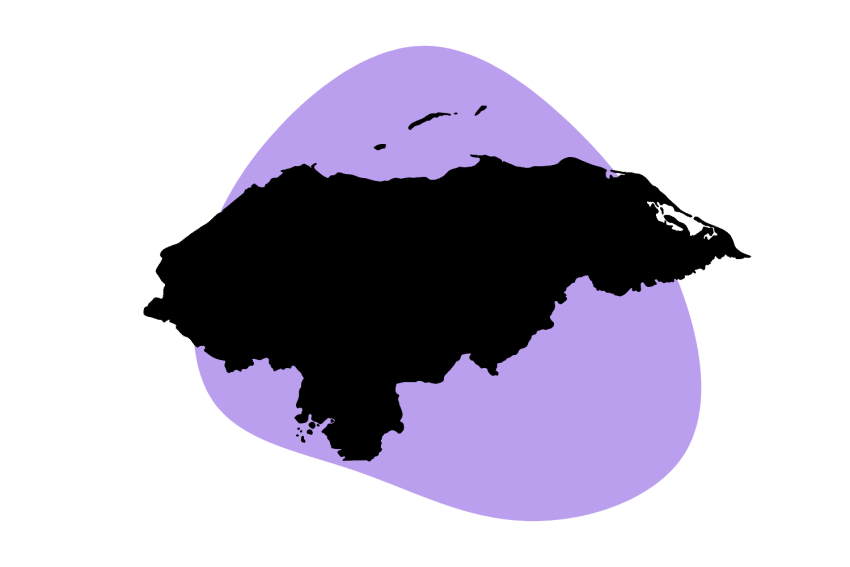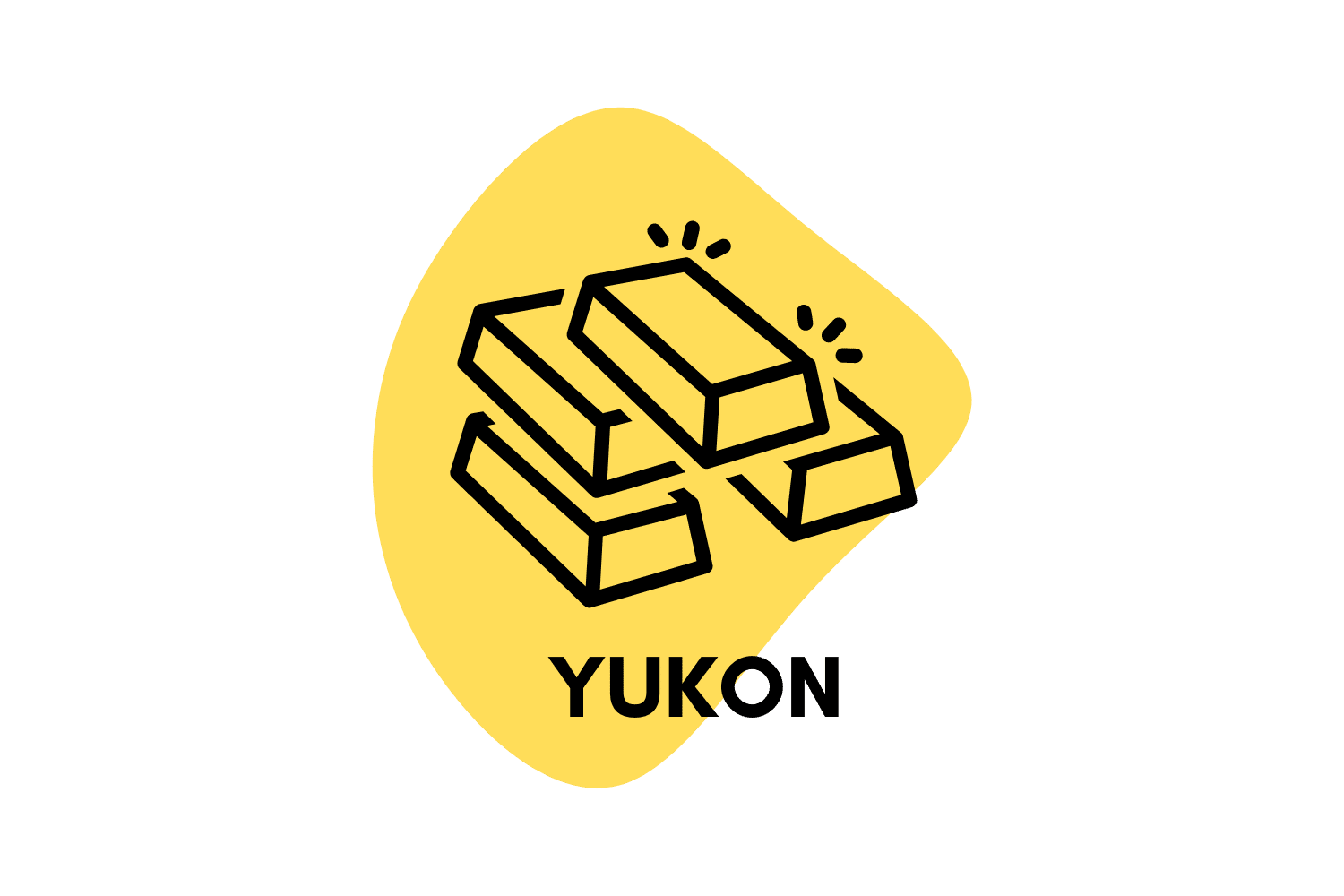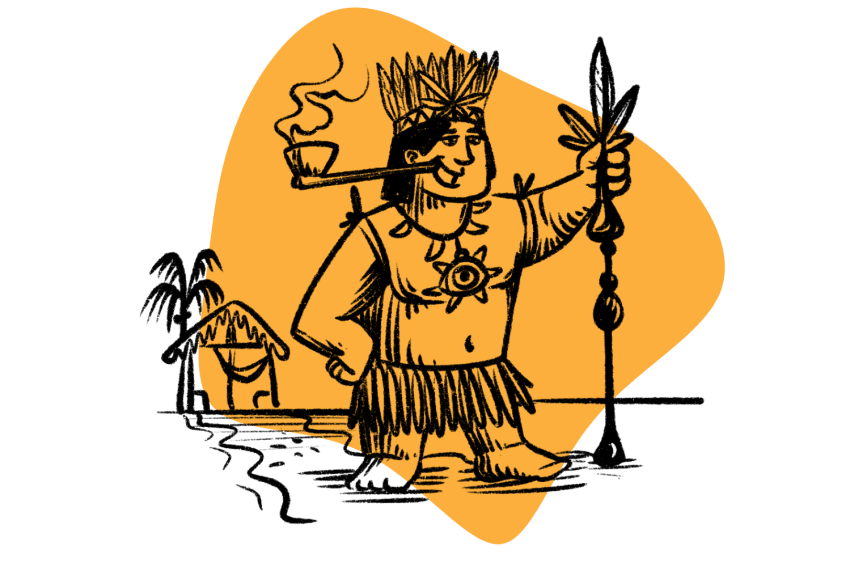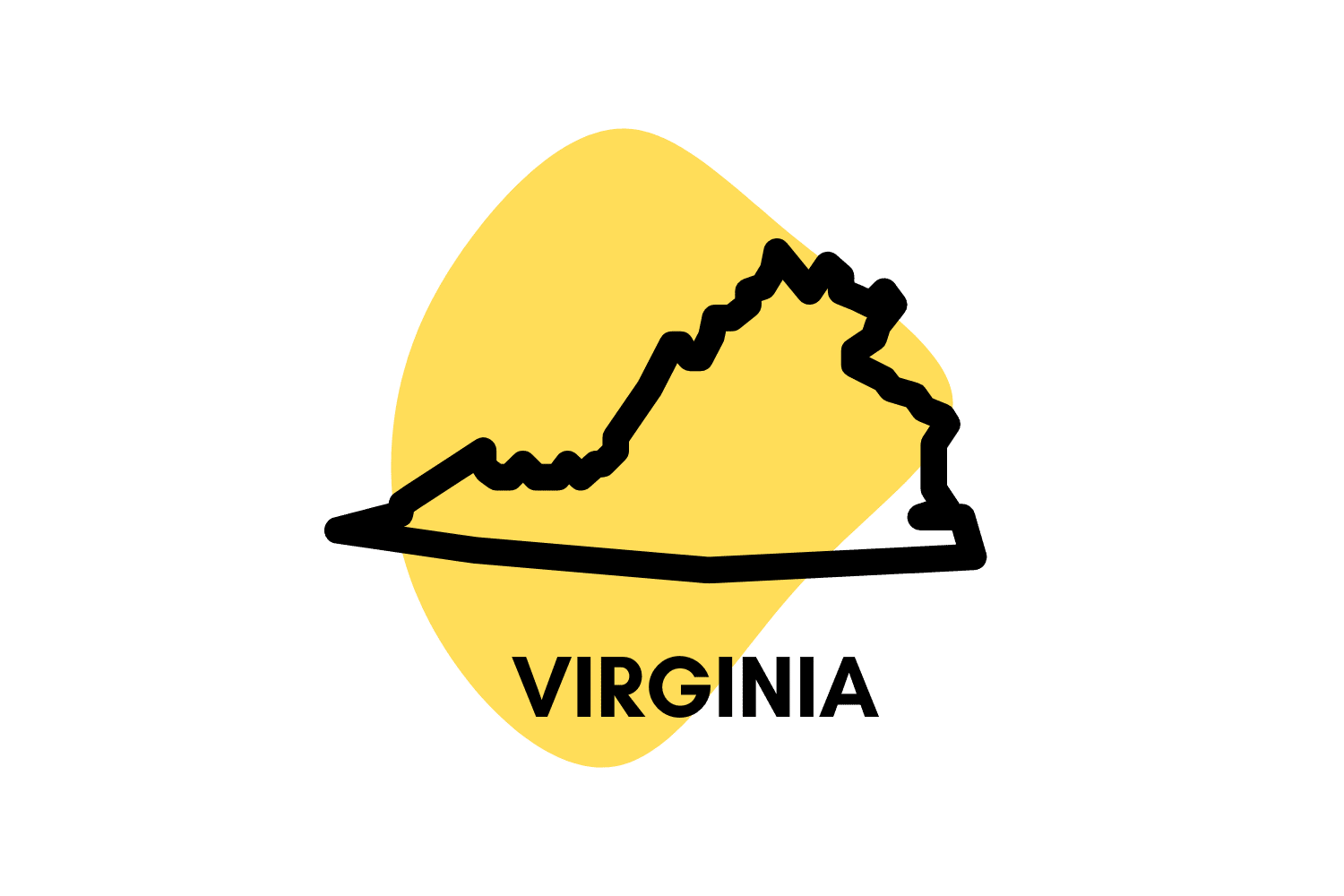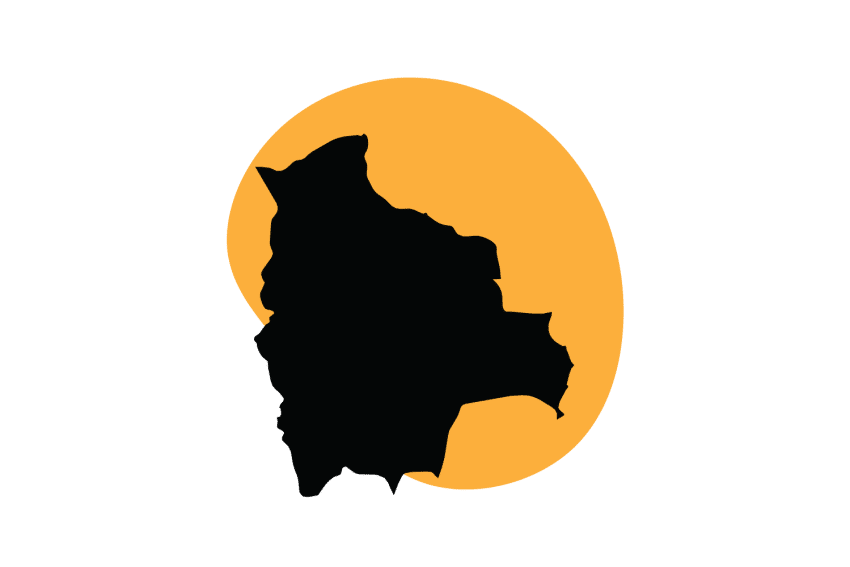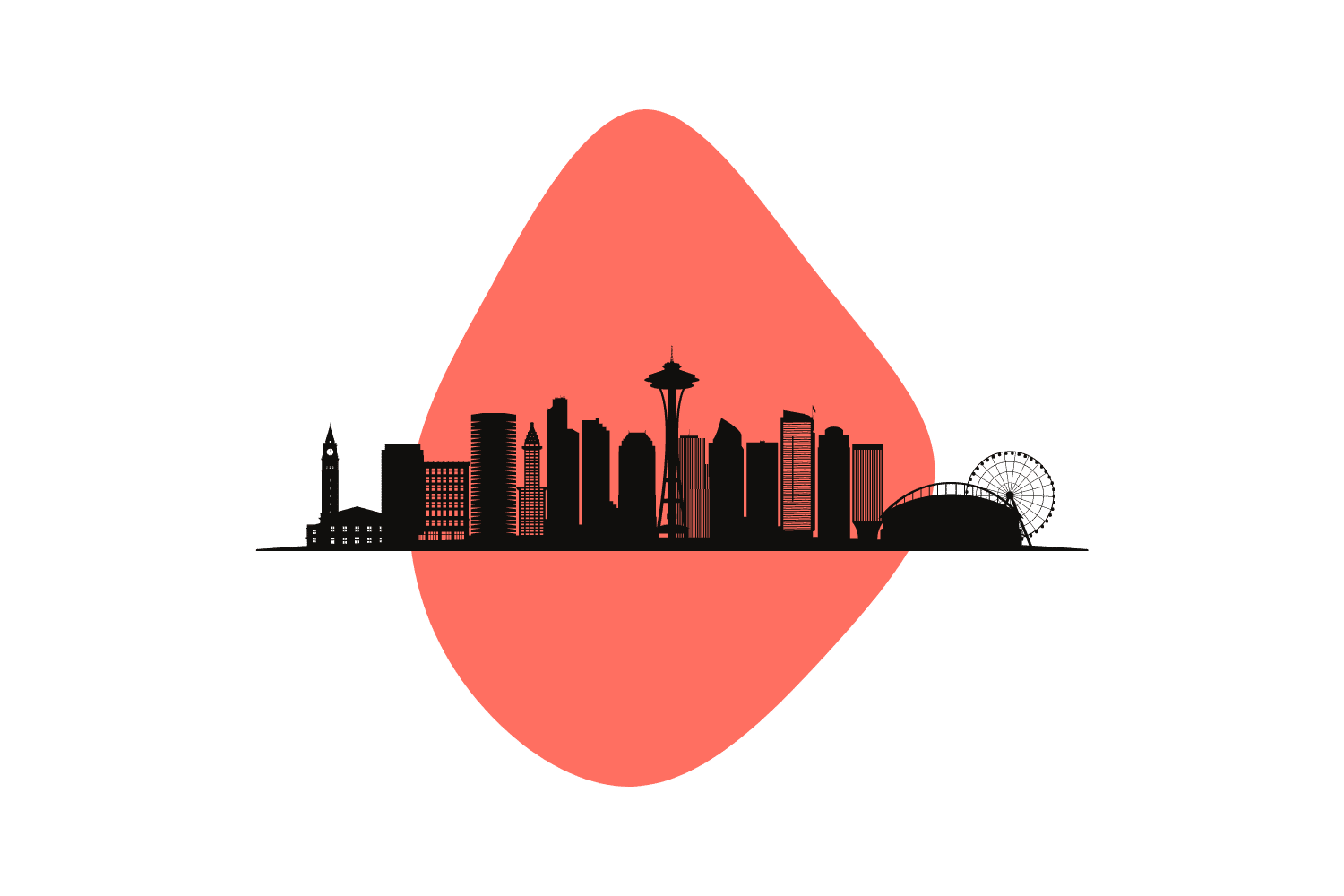A Look At India’s Current Psychedelic Drug Laws
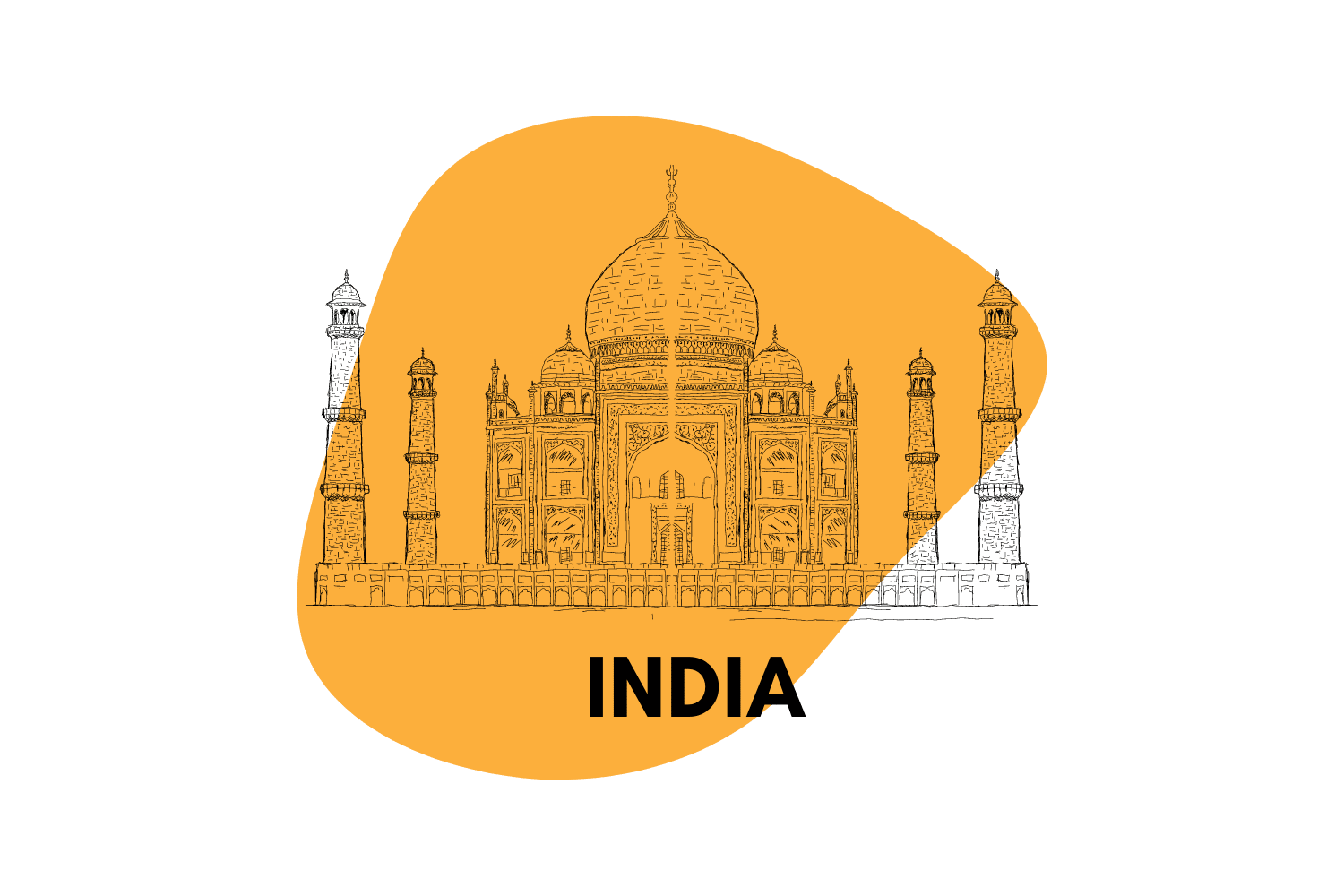
While magic mushrooms and other psychedelics are technically illegal in India, the country has become a popular psycho tourism hotspot — especially in places like Kodaikanal.
Indian law clearly prohibits the use of psychoactive substances. Officers rarely enforce these laws, but they still do, and the penalties are stiff (archaic, even).
Here, we’ll explore the legal climate around common psychedelics such as psilocybin, LSD, MDMA, ketamine, and more within India.
Are Magic Mushrooms Legal In India?
Magic mushrooms are currently illegal in India.
However, despite the stringent NDPS Act of 1985, the police rarely take action against people possessing small quantities of psychoactive substances.
In addition, law enforcement agencies have repeatedly admitted that they suffer from a lack of narcotics and psychotropic training.
Psychedelics were first outlawed in the mid-1960s. Only in the past five years have regulators started to relax laws surrounding these chemicals.
First, regulators opened up the capacity for researchers to study these unique substances for their potential medical benefit.
This has led to an influx of positive findings on the potential use of these compounds, which in turn is causing regulators to reconsider the strict legal stance against them.
The legal status of magic mushroom spores is viewed differently than magic mushrooms. The spores don’t contain any active psilocybin, so they’re technically legal to buy and own.
However, as soon as the spores are germinated, they become illegal once again.
Related: Where are magic mushrooms legal?
Do Magic Mushrooms Grow Wild in India?
There are more than 180 different species of mushrooms of the genus Psilocybe — many of which can be found growing in various parts of India.
In India, the most common species you’ll find is Psilocybe semilanceata — popularly known as liberty caps.
What Are the Medicinal Uses of Shrooms?
Psilocybin research is expanding at a rapid pace. Leaders such as Compass Pathways, Maps, and The John Hopkins School of Medicine are leading the way in terms of psilocybin-assisted therapy research.
So far, the findings have been promising.
Studies have shown that psilocybin could be very useful in combating depression, addiction and substance abuse, cluster headaches, anxiety, psychological trauma, and more.
Moreover, research has shown that psychedelics can improve problem-solving skills and boost creativity.
Is LSD Legal In India?
In India, LSD (lysergic acid diethylamide) is illegal for all uses, with no exceptions.
The NDPS Act of 1985 classifies it as a dangerous substance and calls for high fines and imprisonment for possession.
There are advocacy groups fighting for the legal adoption of LSD, but these groups have made little progress in India in the past couple of years.
It’s unlikely that LSD will become legal here in the near future.
Is MDMA Legal In India?
MDMA (ecstasy) is illegal in India. Its production and other related activities are prohibited under the NDPS Act.
The NDPS Act outlines various prosecution charges based on the weight of MDMA someone is caught in possession with. The law makes a clear distinction between small quantities (for personal use) and commercial quantities.
The higher the quantity of MDMA, the more severe the charge.
Is Ketamine Legal In India?
Ketamine is illegal in India for recreational use. However, it’s used medically under very specific settings.
In 2013, because of international pressure, there was a change in the way ketamine was regulated within the country. Until that time, anyone could go to the pharmacy and buy the substance without restrictions.
At the same time, clandestine production and distribution became ubiquitous. It’s believed that most of the ketamine in other parts of the world, such as the UK and the United States, were manufactured in India.
New legislative changes added substantial penalties for the production and distribution of ketamine. This forced the price of ketamine to increase substantially as many producers backed down in fear of the significant prosecution charges.
What’s The Difference Between Legalization & Decriminalization?
Legalization and decriminalization seem similar but are entirely distinct legal terms.
Legalization makes a given substance legal for use but may uphold various restrictions. For example, ketamine is legal in the United States, but only if administered by a medical health professional for an approved medical condition.
Decriminalization significantly reduces the criminal charges for a given substance but doesn’t make it legal. Users can still get fined and will likely have their product confiscated if caught in possession of a decriminalized substance.
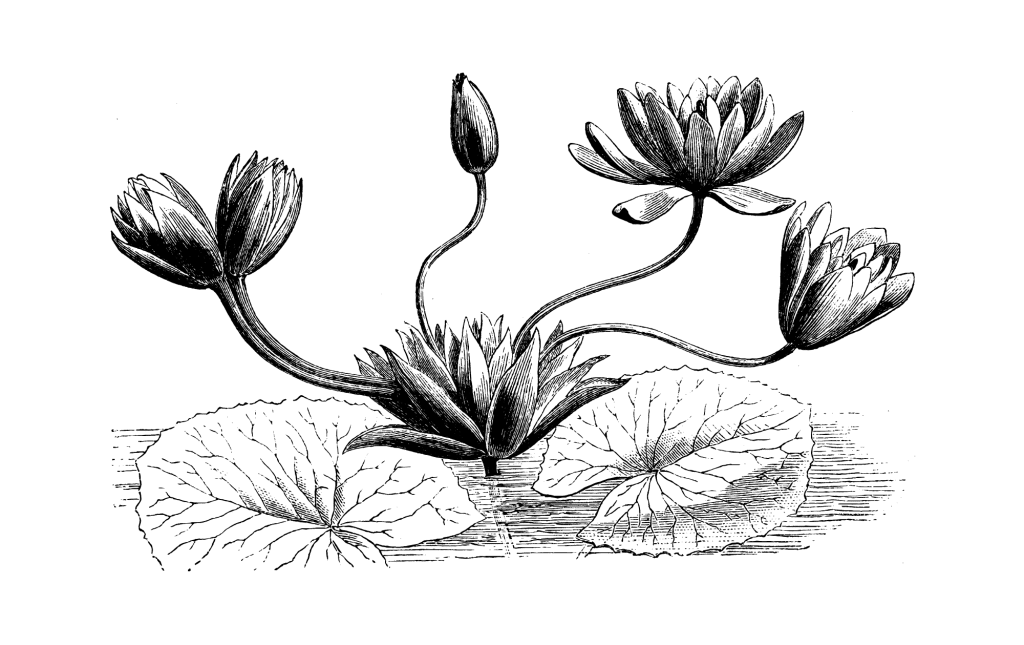
Key Points: What Is the Future of Psychedelics in India?
Europe and the United States are promoting strong measures to legalize and decriminalize substances such as psilocybin, MDMA, and LSD. In fact, in some US states, these substances are decriminalized.
Unfortunately, we do not see the same trend in India, at least in the short term.
There are places in India (such as Kodaikanal) that have a strong culture surrounding psychedelic substances. Here, compounds such as LSD and magic mushrooms are common and widely available — but that doesn’t make them legal. You can still get a fine or potential jail time if caught using prohibited substances in India.

